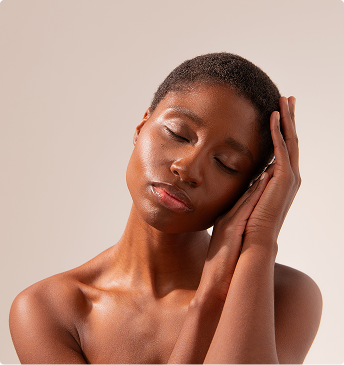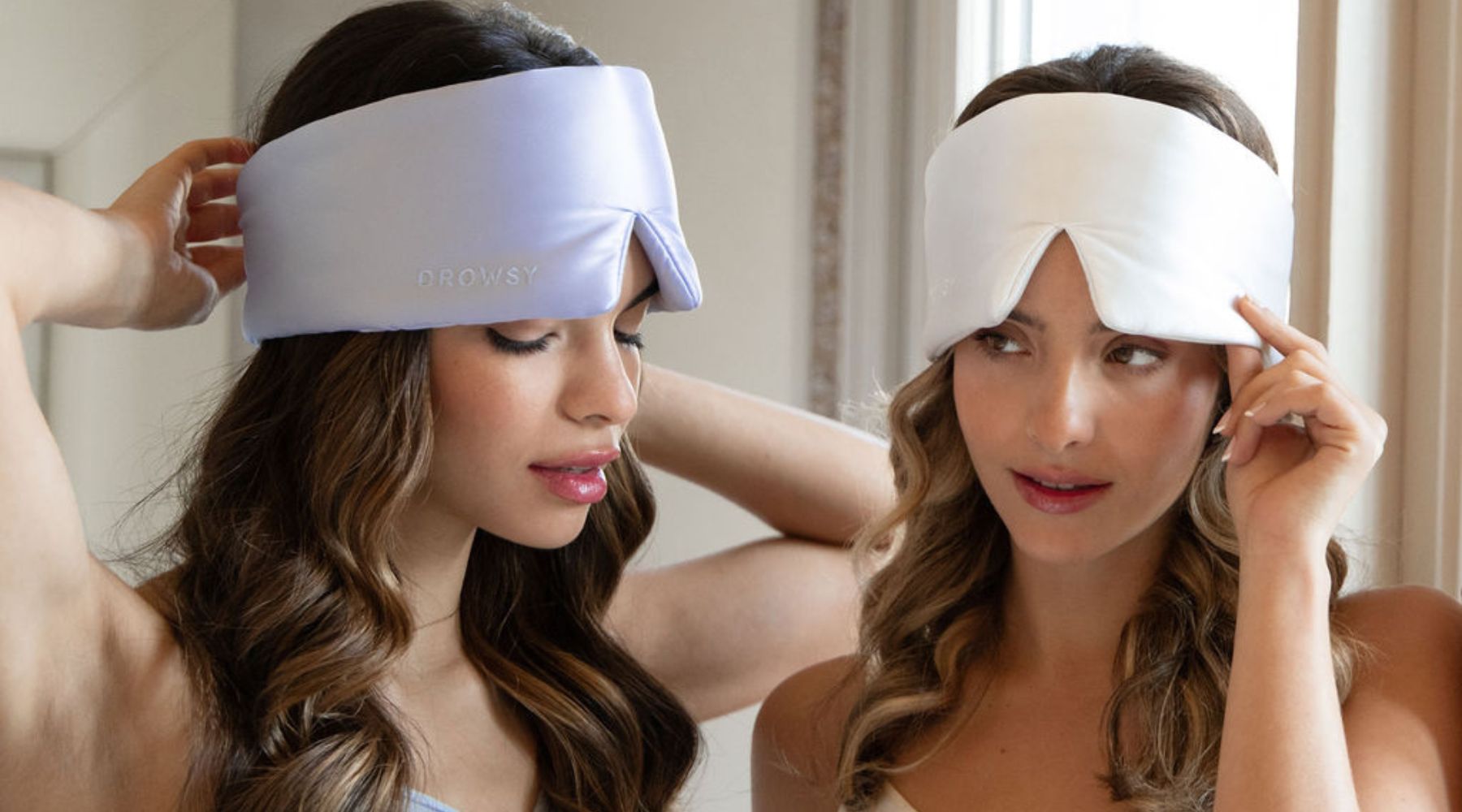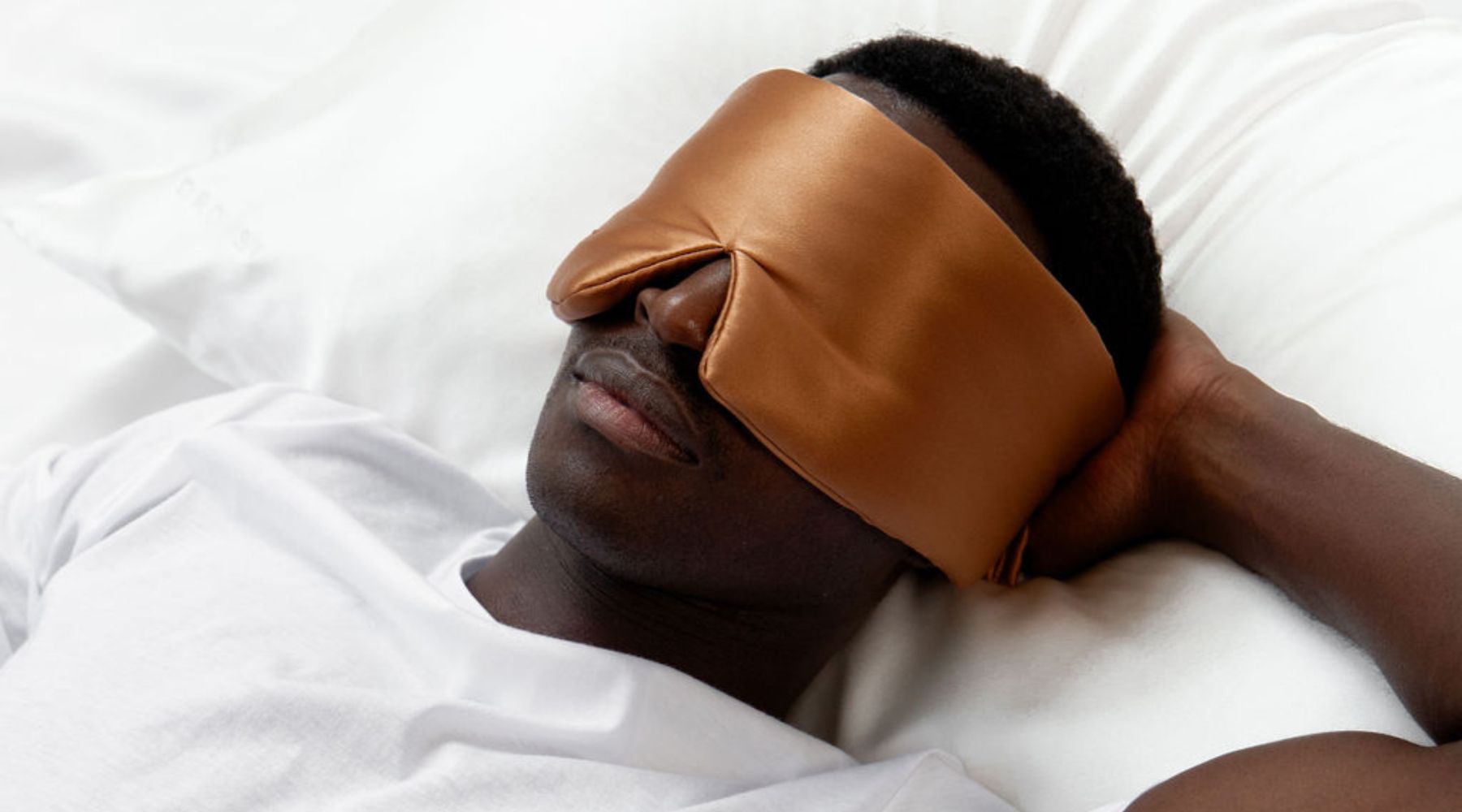How sleep deprivation affects skin health and beauty
We've all been there—staying up late to finish a project, binge-watching a show, or scrolling through social media until the wee hours. The next morning, you wake up looking...not your best self. Puffy eyes, dull skin, and a tired figure staring back at you in the mirror. It's not just your imagination; sleep deprivation wreaks havoc on your skin health and beauty in more ways than one. Let's break down how lack of sleep can sabotage your skin and why it's time to prioritise your beauty sleep.

7 ways sleep deprivation wrecks your skin health
1. Dull, tired-looking skin
Ever notice how your skin seems to lose its glow after poor sleep? That's because sleep is when your skin works its magic, repairing itself, shedding dead cells, and boosting blood flow. Without enough rest, your skin can't regenerate, ending up looking tired, dull, and a bit lifeless.
2. Dark circles and puffy eyes
Ah, the classic sleep-related facial cues of a sleepless night: dark circles and under-eye bags. When you're sleep-deprived, blood vessels under your eyes become more prominent, giving that "raccoon eyes" effect. On top of that, fluid tends to build up under the eyes, causing puffiness. No amount of concealer will completely hide those tell-tale signs of a late night, so it's better to avoid them altogether!
3. Increased breakouts
If you've been struggling with unexpected breakouts, your sleep schedule might be to blame. Lack of sleep increases cortisol production, also known as the stress hormone. Higher cortisol levels can trigger inflammation and increase the production of oil, which can block pores and cause acne.
4. Accelerated ageing
Did you know that skipping sleep can actually make you look older? Lack of sleep or poor sleep quality leads to less collagen production, a protein that keeps your skin firm, plump, and wrinkle-free. Collagen is mainly produced during REM sleep, which means that skimping on sleep can result in prematurely appearing fine lines, sagging skin, and an overall deflated appearance.
5. Reduced skin barrier function
Your skin's protective barrier is the body's primary defence against external threats like pollution and UV rays. Sleep deprivation compromises this barrier, leaving your skin more susceptible to damage. A damaged skin barrier might experience redness, irritation, dryness and increased sensitivity to skincare products.
6. Slower wound healing
Have a stubborn pimple or scratch waiting to heal? Lack of sleep can slow down the process. Your body does much of its repair work while you sleep by producing the human growth hormone (HGH). If you're cutting back on rest, you're also cutting back on your skin's ability to recover from everyday wear and tear.
7. Diminished natural glow
One of the best-kept secrets of glowing healthy skin? Blood flow. Your circulation ramps up while you sleep, supplying oxygen and nutrients to your skin cells. But if you're depriving yourself of sleep, blood flow to the skin decreases, making you appear pale and washed out. That natural, glowing-from-within radiance? Gone.

How to sleep your way to better skin
Now that we know what sleep deprivation does to your skin, let's talk solutions. Here are a few tips to get a good night's sleep:
-
Stay on a schedule: Try to get 7–9 hours of shut-eye and get to bed at the same time every night. This will help regulate your body's internal clock so that you fall asleep and stay asleep easily.
-
Create a bedtime routine: Before bed, relax with a quiet nighttime routine such as reading, meditating, or taking a warm bath. These habits signal to your body that it's time to wind down.
-
Invest in skincare: A hydrating night cream or serum can support your skin's repair mechanisms while you get quality sleep. To maximise hydration, choose products that contain ingredients such as hyaluronic acid, peptides, or ceramides.
-
Wear a silk sleep mask: Not only does a sleep mask block out light for deeper, uninterrupted sleep, but it's also soft and gentle on your skin, preventing creases and irritation. Silk is a game-changer for sensitive skin, helping you wake up looking refreshed.
-
Sleep on a silk pillowcase: It's gentler on your skin and can help prevent wrinkles while protecting your hair. Plus, silk pillowcases are naturally hypoallergenic, making them a great option for anyone with sensitive skin or allergies.
-
Keep screens away: The blue light from phones and laptops can interfere with your sleep cycle, so try to avoid them at least an hour before bedtime or wear blue-light-blocking glasses if you must scroll.
Time to prioritise your sleep for healthy skin
Your skin is like a mirror of your overall health, and sleep plays a massive role in how it looks and feels. While it's tempting to squeeze in "just one more episode", remember that your skin needs enough sleep to stay healthy, glowing, and youthful. So the next time you're tempted to sacrifice sleep, think of it this way: every hour you spend sleeping is an investment in your skin. Your future, well-rested self will thank you!






